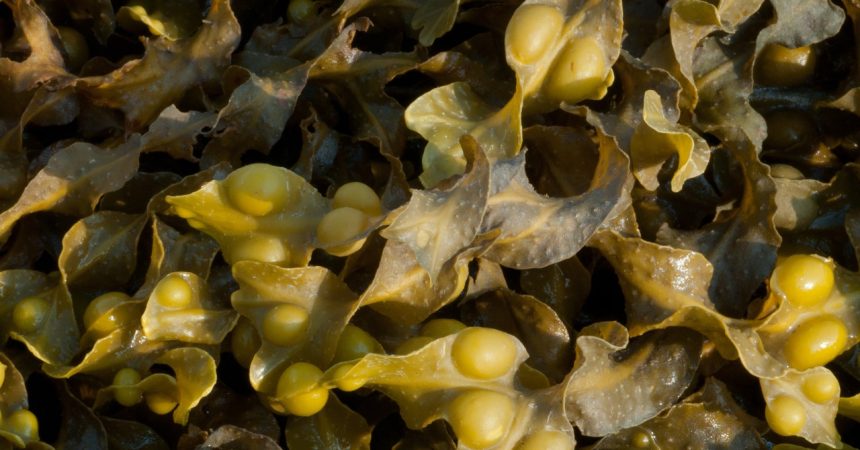Sea moss, also known as bladderwrack, a brown seaweed found in temperate coastal regions, has emerged as a popular “superfood” on social media platforms like TikTok. Its use in traditional medicine dates back centuries, with indigenous populations utilizing it for various ailments, including goiter. Historically, bladderwrack was harvested in large quantities and used for diverse purposes, including poultices and teas. By the 19th century, it was marketed as a metabolism booster and weight-loss aid. Today, bladderwrack is available in various forms, including capsules, powders, and teas, marketed for a range of health benefits.
The purported health benefits of bladderwrack supplements encompass weight loss, improved skin health, thyroid support, and digestive relief. Proponents suggest its effectiveness in alleviating gastroesophageal reflux disease (GERD) symptoms due to the presence of alginic acid, which forms a protective barrier in the stomach when combined with magnesium carbonate. Alginic acid is also credited with promoting smoother digestion and relieving both constipation and diarrhea. Additionally, the mucilage, a gel-like substance in bladderwrack, is believed to soothe digestive irritation by coating the mucous membranes of the digestive tract, providing potential relief for conditions like gastritis and indigestion.
While bladderwrack boasts a variety of potential health benefits, scientific evidence supporting these claims remains limited. The purported benefits are primarily attributed to its antioxidant properties, including phenolics, phlorotannins, fucoxanthin, alginic acid, fucoidans, and vitamins A and C. While alginic acid, a component found in over-the-counter remedies like Gaviscon Advance, has demonstrated effectiveness in treating GERD, the overall efficacy and safety of bladderwrack supplements remain largely untested in human studies. The leap from identifying beneficial components in isolation to assuming comprehensive health outcomes from consuming the whole seaweed is not scientifically substantiated.
Despite being marketed as “natural,” bladderwrack supplements carry potential risks. Algae-derived products, including bladderwrack, can accumulate heavy metals like arsenic and mercury from polluted waters. Chronic exposure to even low levels of these toxins can lead to serious health problems, including nerve damage and kidney dysfunction. Furthermore, the high iodine content in bladderwrack presents a concern, particularly for individuals with thyroid issues. Excessive iodine intake can disrupt thyroid function, and the absence of clear guidelines on safe iodine consumption levels in the US further complicates the matter.
The lack of regulation and research on bladderwrack supplements underscores the importance of cautious consumption. While the presence of beneficial compounds like alginic acid is acknowledged, there isn’t enough scientific evidence to definitively validate the broader health claims associated with bladderwrack. The potential risks related to heavy metal contamination and excessive iodine intake warrant careful consideration, particularly for individuals with pre-existing health conditions.
In conclusion, while bladderwrack, or sea moss, has gained popularity as a natural remedy for various ailments, the scientific evidence supporting its purported health benefits is still limited. The presence of beneficial components like alginic acid suggests some potential therapeutic value, but further research is needed to fully understand its efficacy and safety profile. The risks associated with heavy metal contamination and excessive iodine intake highlight the need for caution and regulation, urging consumers to prioritize a balanced diet and consult with healthcare professionals before incorporating bladderwrack supplements into their health regimen. Instead of relying on unproven remedies, focusing on a generally healthy lifestyle, including a balanced diet and regular exercise, provides a more reliable pathway to overall well-being.



